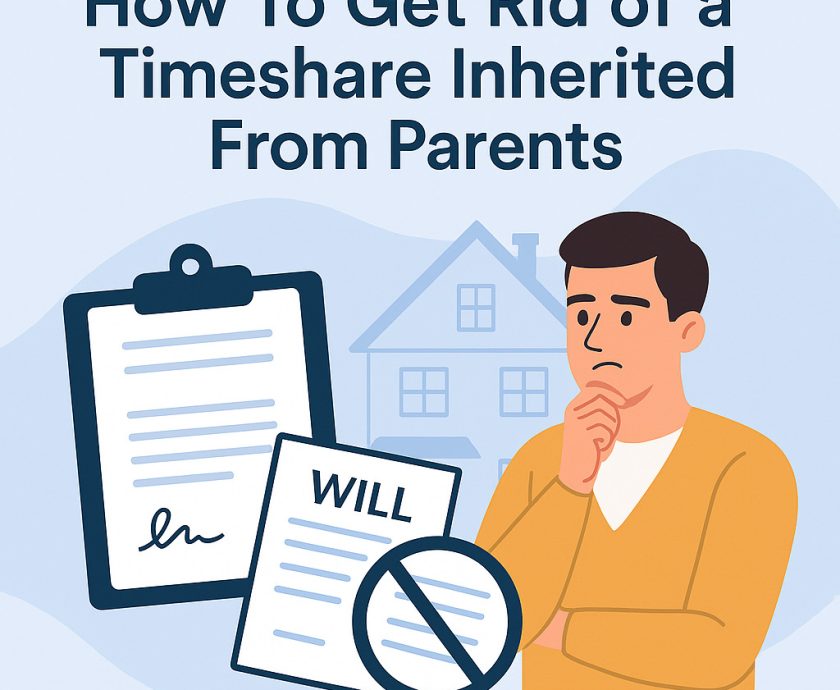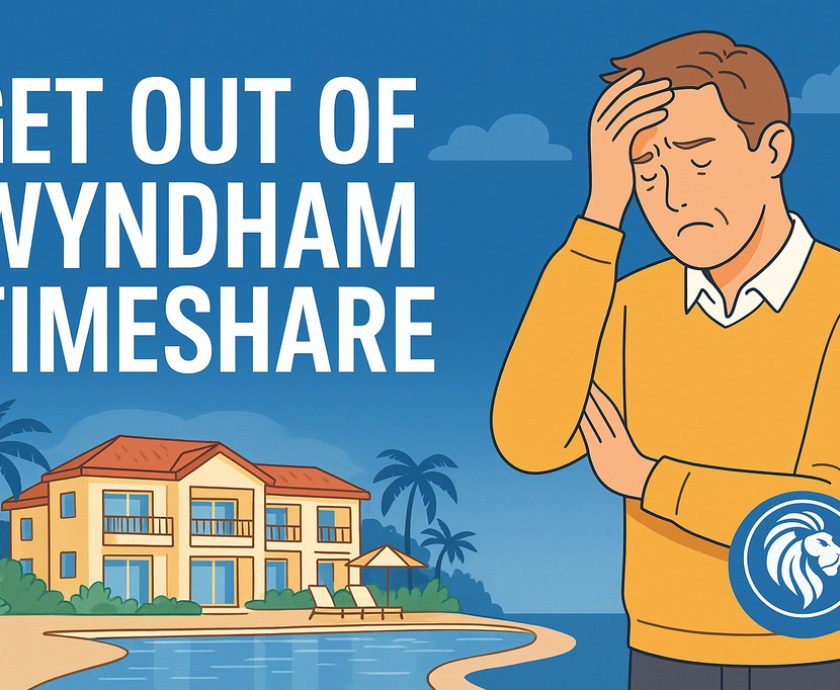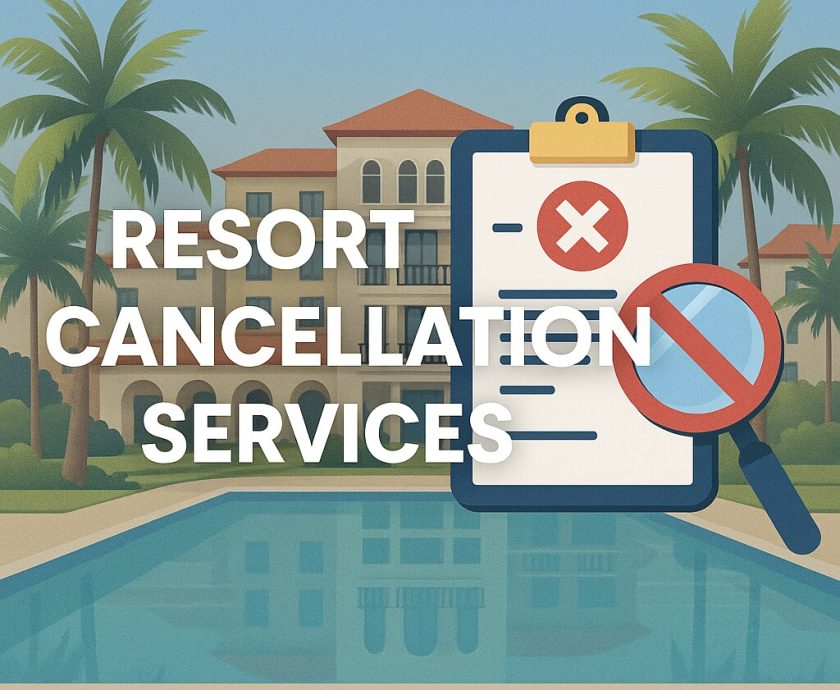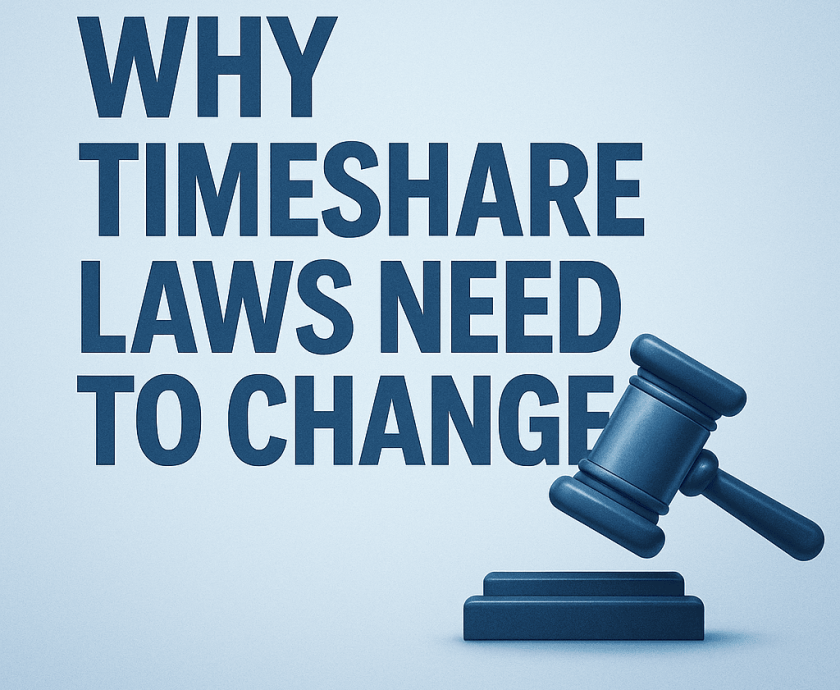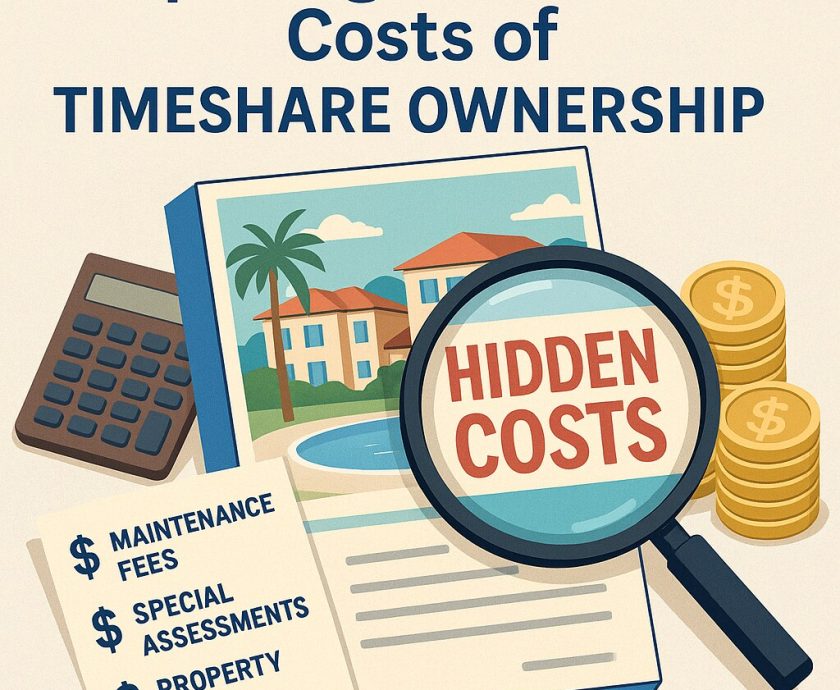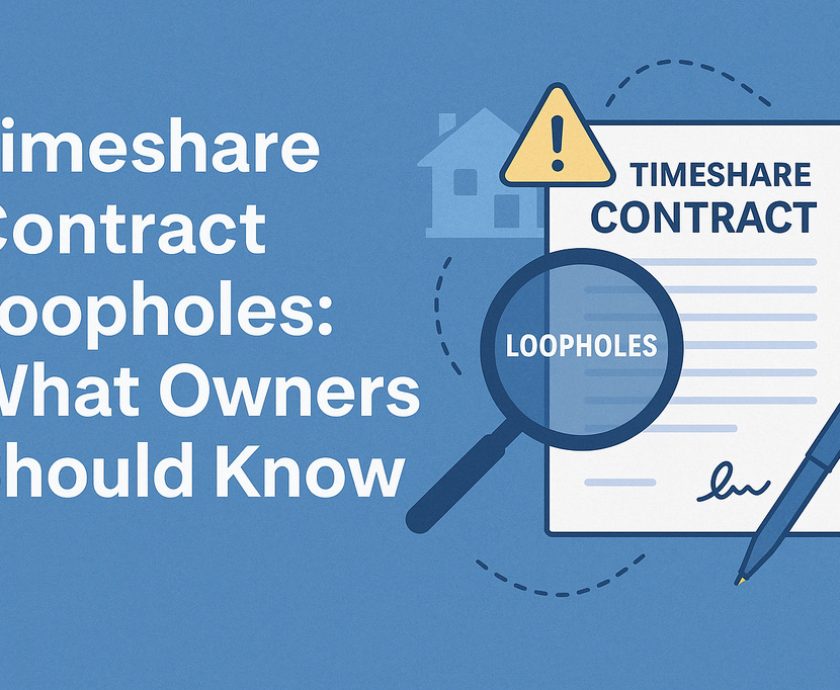What Happens if You Stop Paying Timeshare Maintenance Fees?
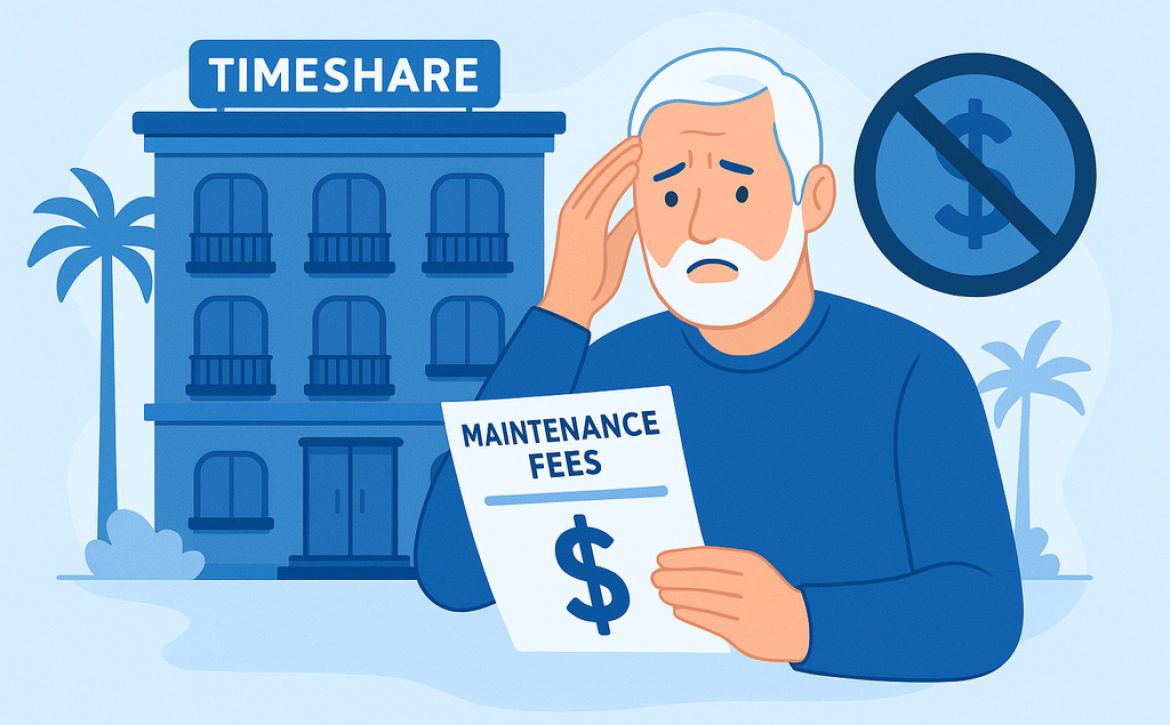
What Happens if You Stop Paying Timeshare Maintenance Fees?
Timeshare ownership comes with ongoing financial responsibilities—one of the most significant being annual maintenance fees. These fees are supposed to cover property upkeep, utilities, staffing, and general operating costs of the resort. Unfortunately, many timeshare owners find these fees rising year after year, often becoming unaffordable.
So, what happens if you stop paying your timeshare maintenance fees? The answer involves financial consequences, credit risks, and even legal action. Here’s what you need to know before deciding to default on your payments.
1. Late Fees and Interest Accrual
The first consequence of missing a payment is usually a late fee. Most timeshare contracts include penalties for late or missed payments, which can quickly add up. In addition to the late fee, interest may begin accruing on the unpaid balance, increasing the total you owe over time.
Resorts often apply these charges automatically, and they will continue to pile up for each billing cycle the balance remains unpaid.
2. Loss of Usage Rights
If you fall behind on your maintenance fees, the resort may suspend your right to use the timeshare property. This means you won’t be able to book your unit, bank your week, or participate in exchange programs until your account is brought current.
This penalty effectively locks you out of the benefits of ownership—while still holding you financially responsible.
3. Collections and Credit Impact
Unpaid maintenance fees are considered a form of debt. If your balance remains unpaid for a certain period (usually 60 to 90 days), the timeshare management company may send your account to a collection agency.
Once in collections, you may experience:
- Persistent calls and letters from debt collectors
- Negative marks on your credit report
- A drop in your credit score
This can affect your ability to secure loans, credit cards, or even rental housing. It may take years to recover from the damage to your credit profile.
4. Foreclosure on the Timeshare
If the balance continues to go unpaid, the resort or timeshare company may begin the foreclosure process. Even if your timeshare is not real property, but rather a “right-to-use” agreement, the developer may still pursue foreclosure for non-payment.
This process could result in:
- The legal loss of your timeshare ownership rights
- Public record of the foreclosure (which may harm your credit)
- Possible legal fees and court costs added to your balance
While foreclosure ends your ownership, it doesn’t always erase the debt—some contracts allow companies to pursue you for deficiency balances.
5. Legal Action and Wage Garnishment
In extreme cases, especially if the unpaid fees are significant, the timeshare company may pursue a civil lawsuit to recover the amount owed. If they win the case, they may be granted a judgment allowing them to:
- Garnish your wages
- Levy your bank account
- Place liens on other assets
This level of enforcement is rare but can happen—especially if the timeshare is owned outright and the maintenance fees are unpaid over multiple years.
Final Thoughts
Stopping payment on your timeshare maintenance fees can lead to a chain of consequences—from credit damage and harassment by collectors to legal judgments and foreclosure. While walking away may seem like an easy solution, it rarely is.
If you’re struggling with timeshare fees, consider reaching out to the resort for a hardship program, exploring deed-back or resale options, or speaking with a timeshare exit company or attorney. Taking proactive steps is often better than waiting for consequences to catch up to you.
Knowledge is power. Understand your contract, explore your rights, and make an informed decision about your financial future.



